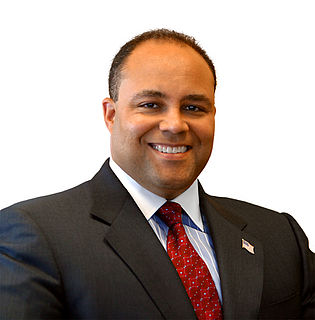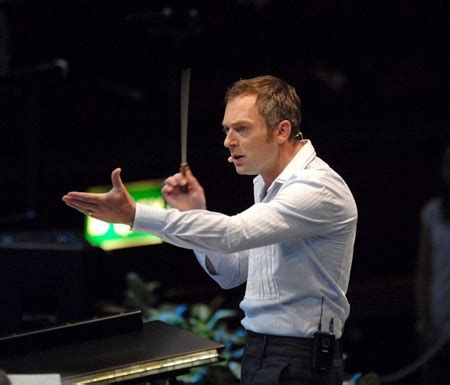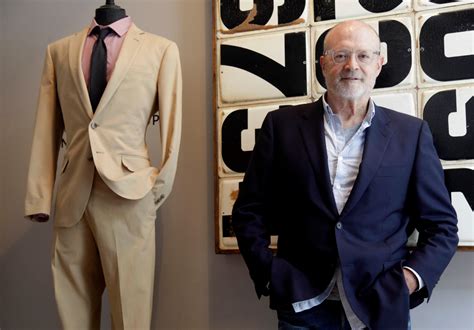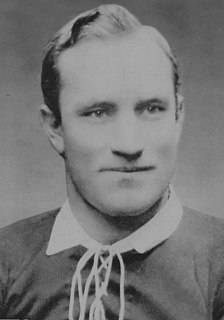A Quote by Jean Piaget
To express the same idea in still another way, I think that human knowledge is essentially active.
Quote Topics
Related Quotes
The way Fatboy Slim layers motifs is the same as 18th-century baroque counterpoint. You have an idea, then you have an answer to the idea in another voice, then you have a counter idea accompanying the original idea, and you build up your texture like that. I'm really into Kruder and Dorfmeister at the moment, and they do the same thing.
The psyche is the inward experience of the human body, which is essentially the same in all human beings, with the same organs, the same instincts, the same impulses, the same conflicts, the same fears. Out of this common ground have come what Jung has called the archetypes, which are the common ideas of myths.
The idea of getting old and dying, falling apart, does not sound fun at all to me, but it's an observation that I'm sure I'm not the first one to express. There're thousands of year of history attest to the same thing. Maybe it's the way I'm personally dealing with that inevitable transition. So I'm making metaphors out of the work possibly to think about that and try to get comfortable with the idea.
Knowledge about yourself binds, weighs, ties you down; there is no freedom to move, and you act and move within the limits of thatknowledge. Learning about yourself is never the same as accumulating knowledge about yourself. Learning is active present and knowledge is the past; if you are learning to accumulate, it ceases to be learning; knowledge is static, more can be added to it or taken away from it, but learning is active, nothing can be added or taken away from it for there is no accumulation at any time.
The importance of language in gaining knowledge is doubtless the chief cause of the common notion that knowledge may be passed directly from one to another. It almost seems as if all we have to do to convey an idea into the mind of another is to convey a sound into his ear. Thus imparting knowledge gets assimilated to a purely physical process.
I think that is so interesting. It is le Carré. There must be so much of him when he was younger. He's an interesting character. I don't want to say the word "passive" because there is something very active about the way he is passive, if that makes any sense: the nature of his watching and his listening is active. It is always so alive because he is, essentially, a spy.
Why are we so addicted to factual knowledge? Why are we so uncomfortable with the unknown? Is it something about the anxiety of our time? Because of course that wasn't always the way. Even now the whole idea of the rational individual has been subject to question and yet we still cling to this idea of factual, rational knowledge being more valuable than whatever its opposite might be.
No thought, no idea, can possibly be conveyed as an idea from one person to another. When it is told it is to the one to whom it is told another fact, not an idea. The communication may stimulate the other person to realize the question for himself and to think out a like idea, or it may smother his intellectual interest and suppress his dawning effort at thought. But what he directly gets cannot be an idea. Only by wrestling with the conditions of the problem at first hand, seeking and finding his own way out, does he think.
Ceremony assists people to adjust to change (a marriage ceremony does this for families), to recognize achievement (a classic example is a graduation ceremony), to relate, to express love, and/or to establish a relationship. Ceremonies are the human way we have to signpost a deal such as a business merger, to trigger off a healthy grief process (such as in divorce or funeral ceremonies), to welcome another human being into the family. So Ceremonies have these excellent effects - they can be used further to announce intentions, to express loyalty and to reinforce a sense of identity.





































